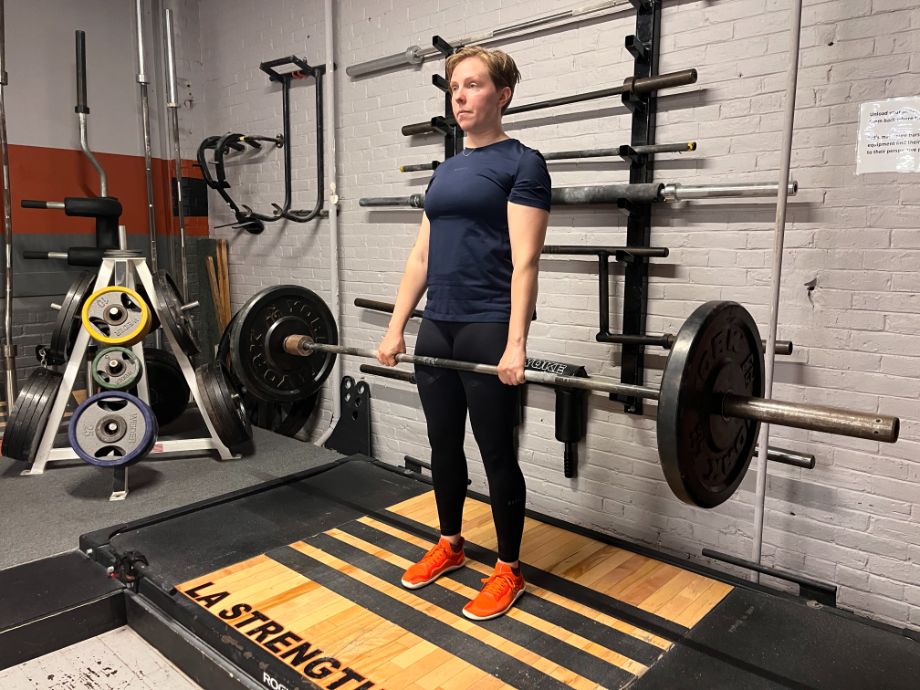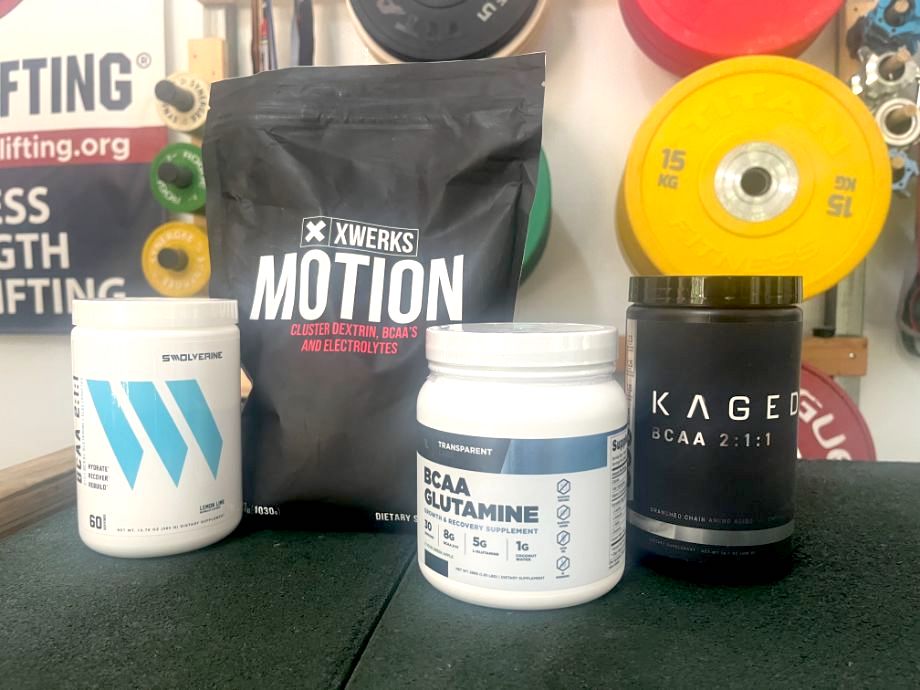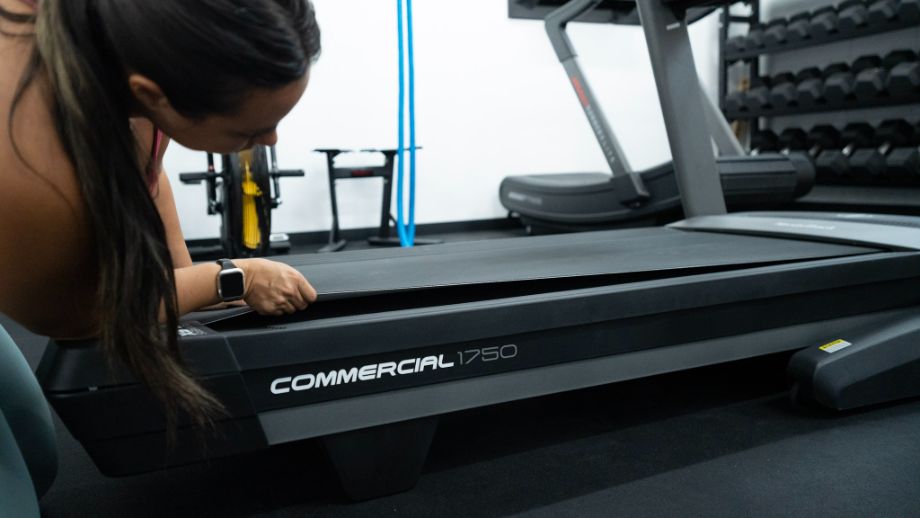If there’s one macronutrient bodybuilders and fitness-minded folks rave about, protein has got to be it. While protein is undoubtedly essential and oft-suggested for “how to build muscle,” the importance of sleep shouldn’t be slept on, either.
Research in the Journal of Musculoskeletal and Neuronal Interactions1 indicates that good sleep quality is associated with greater muscle strength, while short sleep duration may hinder those gains. Not to mention, an evidence-based fact2 known for decades: growth hormone3, which stimulates growth in nearly every tissue and organ in the body, is intermittently yet significantly boosted during sleep.
All of this to ponder, are the benefits of consuming protein before bed even dreamier for muscle growth and overall health? Join me, a registered dietitian, as I explore whether you should consider adding protein to your bedtime routine.
Medical disclaimer: This article is intended for educational and informational purposes only. It is not intended as a substitute for medical advice. For health advice, contact a licensed healthcare provider.
Benefits of Drinking a Protein Shake Before Bed
First and foremost, most (if not all) of your protein intake should ideally come from high-protein foods—such as lean meats, cottage cheese, Greek yogurt, and tofu. Nevertheless, consuming a protein shake before bed may help you meet your daily protein needs.
It’s worth mentioning that meeting your daily protein and caloric targets is more significant than stressing about the best time to drink a protein shake. However, because we at GGR genuinely enjoy reviewing and providing evidence-based ways to optimize your health and fitness, let’s tuck into the potential benefits of having a nighttime protein shake.
Increases Muscle Mass and Strength
A quick lesson on muscle building and strength: You must prioritize resistance exercise training and your diet—especially your protein intake—among other factors like progressive overload. Resistance training breaks down muscle tissue fibers while protein inhibits exercise-induced muscle protein breakdown, enhances muscle protein synthesis, and promotes a more positive muscle-protein balance—AKA more lean muscle gains.
A 2019 study in Frontiers in Nutrition4 shows that pre-sleep protein increases overnight muscle protein synthesis rates, benefiting skeletal muscle mass and strength when applied over a prolonged period of resistance training. The International Society of Sports Nutrition5 (ISSN) also asserts that taking 30 to 40 grams of casein protein 30 minutes before bed can enhance muscle hypertrophy and strength.
RELATED: Best Casein Protein Powder
However, a 2022 randomized controlled trial6 suggests drinking whey protein (along with vitamin D3) before bedtime is equally effective for building muscle as drinking it in the morning. Once again, the utmost importance lies in meeting your daily protein needs (I’ll guide you on calculating protein needs below, so stick with me).
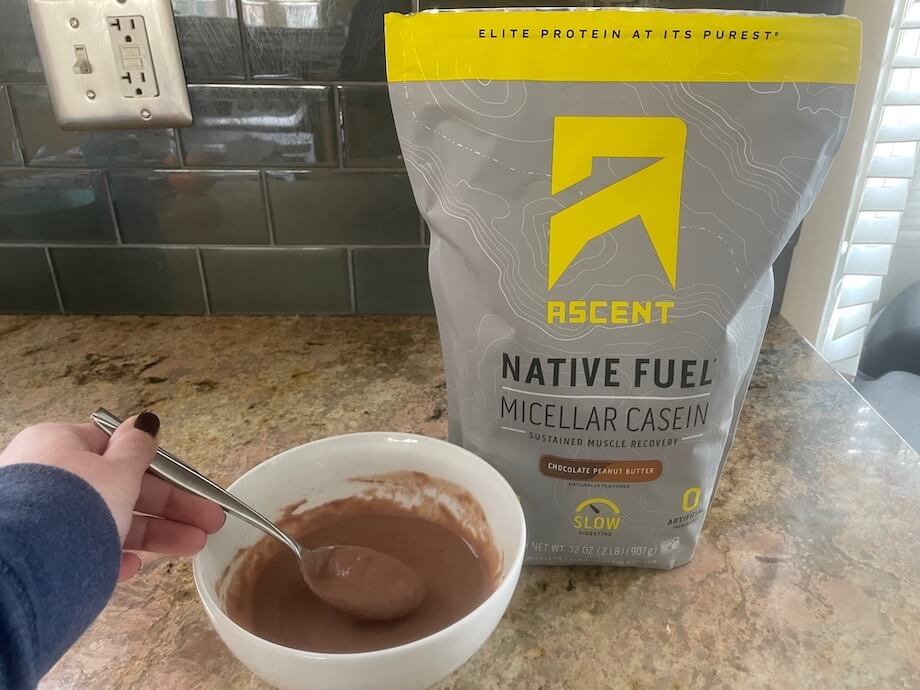
Improves Muscle Recovery
Protein is one of the best muscle recovery supplements for muscle repair, and evolving research supports taking protein before bed helps improve the muscle recovery process.
In 2012, a first-of-its-kind study7 revealed that consuming casein protein before sleep increases overall protein synthesis and enhances net protein balance. Despite a limited sample size of 16 participants, researchers concluded that pre-sleep protein intake effectively boosts post-exercise overnight recovery.
A 2020 systematic review8 suggests that taking at least 40 grams of casein protein after an evening resistance training session, roughly 30 minutes before bedtime, can help promote muscle recovery. These effects are likely due to reduced exercise-induced muscle damage and inflammatory responses, potentially alleviating muscle soreness.
While the effects of pre-sleep protein are limited in a real-world setting, one 2019 study in the International Journal of Sports Physiology and Performance9 indicates that pre-sleep casein protein helped accelerate recovery in professional soccer players. The researchers propose this is a practical method to attenuate performance deficits days following a match.
Enhances Athletic Performance
The ISSN5 stresses that more research is required to understand the true impact and application of pre-sleep protein in sports performance settings. Moreover, while the combo of resistance training and pre-sleep protein elicits muscle benefits, little is known about its effects on intermittent and endurance-type training.
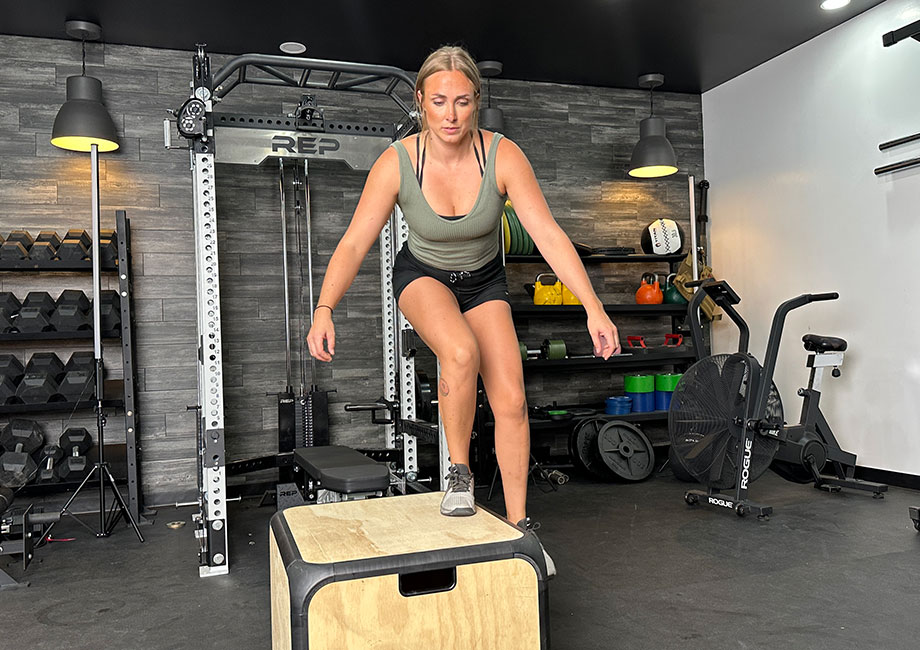
That said, it’s undeniable that improving muscle recovery, strength, and growth is key to enhancing athletic performance. It’s well-established10 that adequate protein intake among athletes is imperative due to its various roles in performance and recovery.
RELATED: Taking Protein After a Workout: Benefits, Timing, and Advice From a Dietitian
Aids Weight Loss
A 2022 study11 suggests combining pre-sleep protein with resistance exercise significantly increases sleep energy expenditure and satiety (fullness) the next morning in sedentary healthy adults. However, these effects are less pronounced in physically active and older individuals.
While losing body fat isn’t as simple as drinking a protein shake before bed, the study parallels effective weight loss strategies, such as emphasizing resistance training and a high-protein diet. Moreover, pre-sleep and daily protein intake can improve body composition and preserve muscle tissue when operating in a calorie deficit.
Types of Protein Powder
While the research above mainly explores and backs pre-sleep casein, remember that daily protein intake trumps timing. All that to say, you can still take full advantage of many types of protein powder to best suit your dietary preferences, needs, and goals.
Dairy-Based Protein Powders
Casein and whey are the two primary types of protein found in cow’s milk. They are isolated during the cheesemaking process, in which the milk is separated into solid curds and liquid whey and can be made into protein powders.
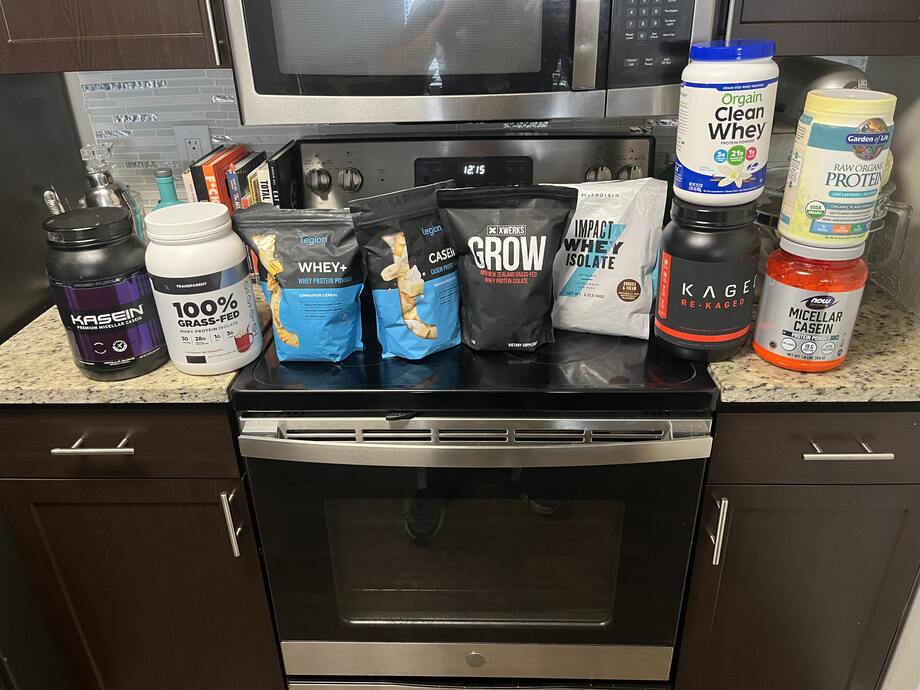
Casein and whey powders are complete proteins because they provide all nine essential amino acids, also known as the building blocks of protein. Unlike non-essential amino acids, essential amino acids are necessary in any diet because the human body doesn’t naturally produce them.
When comparing casein protein vs. whey, one of their most notable differences is their absorption rates. Whey protein is fast-acting and absorbed quickly, making it ideal for post-workout consumption; casein is a slow-digesting protein, making it the go-to for pre-sleep protein intake.
To clarify, you can consume casein and whey proteins anytime during the day. However, you may optimize the benefits of these protein supplements by better understanding their differing absorption rates and intended uses.
RELATED: Best Protein Powder
Plant-Based Protein Powders
Plant-based protein powders are derived from high-protein plant sources—like soy, pea, brown rice, and hemp—with most carbohydrates and fats removed. Plant-based protein powder benefits most consumers, although they’re particularly favored by individuals seeking animal-based alternatives due to specific dietary preferences and restrictions.
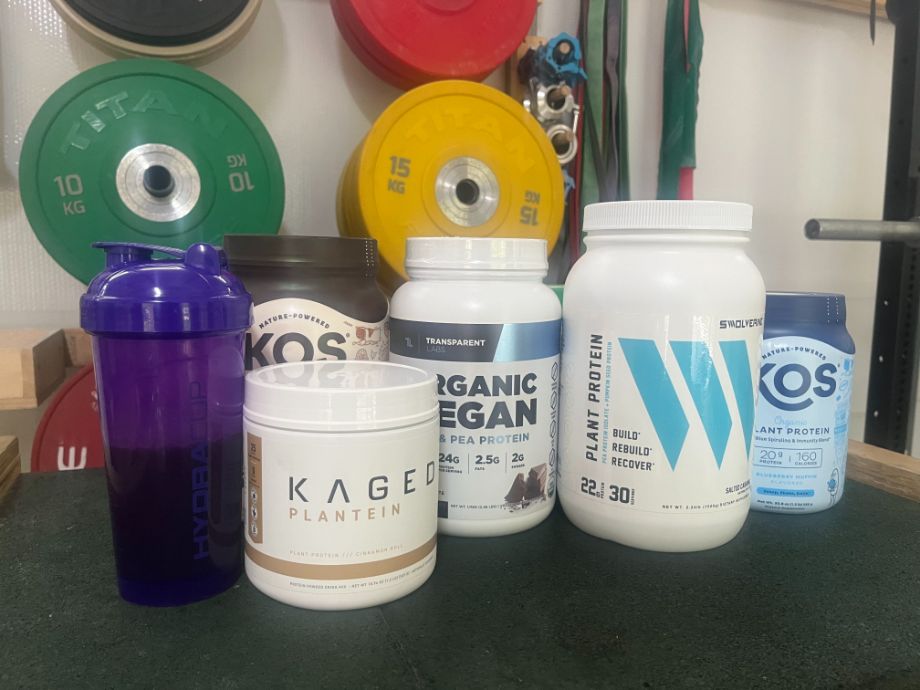
It’s important to note that some of these sources are complete proteins, such as soy and hemp protein, while others lack one or more essential amino acids. For this reason, plant-based powders often contain a blend of various plant protein sources to ensure a more balanced and comprehensive amino acid profile.
RELATED: Best Vegan Protein Powder
How Much Protein Do I Need?
If you’re uncertain about the amount of protein you need, I strongly encourage you to consult a nutrition expert, such as a Registered Dietitian Nutritionist. However, Amanda Capritto, a GGR Senior Staff Writer and NASM-Certified Sports Nutrition Coach (CSNC), addresses the question “How much protein do I need?” to help get your feet wet. Let’s go over the key points.
While many factors—like body weight, age, and activity level—influence daily protein requirements, the recommended dietary allowance (RDA) for adults is 0.8 grams per kilogram of body weight daily12. For someone who weighs 190 pounds (or 86.4 kilograms), this calculates to 69 grams of protein per day.
However, reputable organizations like the Academy of Nutrition and Dietetics and ISSN encourage that an ideal daily protein intake ranges from 1.2 to 2.0 grams per kilogram of body weight, especially to support muscle recovery and performance. Protein recommendations range from 104 to 173 grams daily based on the 86.4-kilogram individual above.
These protein ranges may seem hefty if your current protein consumption is relatively low, but distributing it throughout the day can be a helpful and simple strategy. Protein distribution13 may even maximize anabolism and muscle growth, but is there an optimal pre-sleep dose to aim for?

How Much Protein Before Bed?
Based on the 2019 update4, consuming 20 to 40 grams of pre-sleep protein promotes proper protein digestion and amino acid absorption in young and healthy older adults. These reference ranges are primarily influenced by two primary factors, particularly your training schedule and age:
- For evening resistance trainers, 30 grams of pre-sleep casein protein may increase muscle protein synthesis by nearly 40 percent. However, this effect is only observed when combined with an evening resistance training session.
- In the case of older adults, 40 grams of pre-sleep casein protein may significantly boost muscle protein synthesis. However, an intake of 20 grams doesn’t appear effective.
With these caveats in mind, it may be more worthwhile to lean on two of the ISSN’s stances:
- Consume approximately 30 to 40 grams (versus 20 to 40 grams4) of casein protein before bedtime
- Prioritize 20 to 40 grams of high-quality protein every three to four hours for optimal body composition and performance outcomes.5
Protein Before Bed: Final Thoughts
Drinking protein before bed may help rebuild and recover your muscles, especially after an evening resistance training session. Pre-sleep protein may also aid weight loss by increasing your metabolic rate as you sleep and regulating hunger the next morning, although more research is needed to awaken these details.
Overall, think of protein before bed more like a catnap and your overall lifestyle a whole night of quality sleep. Nighttime protein can be advantageous, but you’ll gain the dreamiest of benefits when consistently prioritizing high-quality proteins, a structured training plan, good sleep hygiene, and other healthy habits.
Protein Before Bed: FAQs
Is it good to take protein before bed?
Consuming protein before bedtime can be helpful for building and repairing muscles while you sleep, benefiting body composition and metabolic health. However, it’s essential to consistently incorporate other healthy lifestyle factors to maximize the benefits of pre-sleep protein.
Can I eat protein before bed and gain weight?
Weight gain occurs when you consistently consume more energy (calories from food and drinks) than you expend (calories burned through physical activity and exercise). Therefore, if consuming protein before bed increases your daily calorie intake, weight gain is expected.
RELATED: Does Protein Make You Gain Weight?
Is it better to eat protein or carbs before bed?
Although there isn’t a strict rule regarding whether dietary protein or carbohydrates are better before bedtime, Frontiers in Public Health research14 suggests that a high-carb meal can harm sleep quality and duration, whereas protein can enhance it. However, combining carbs and protein may improve sleep due to their influence on serotonin and melatonin.
What is the best protein before bed?
Casein protein is often recommended as the best protein before bed due to its slow absorption rate. However, what matters most is getting enough protein throughout the day.
RELATED: Benefits of Casein Protein
These statements have not been evaluated by the Food and Drug Administration. This product is not intended to diagnose, treat, cure, or prevent any diseases.
References
- Chen Y, Cui Y, Chen S, Wu Z. Relationship between sleep and muscle strength among Chinese university students: a cross-sectional study. J Musculoskelet Neuronal Interact. 2017;17(4):327-333.
- Cauter EV, Copinschi G. Interactions Between Growth Hormone Secretion and Sleep. Humana Press eBooks. Published online January 1, 2000:261-283. doi:https://doi.org/10.1007/978-1-59259-015-5_16
- Brinkman JE, Tariq MA, Leavitt L, et al. Physiology, Growth Hormone. [Updated 2023 May 1]. In: StatPearls [Internet]. Treasure Island (FL): StatPearls Publishing; 2023 Jan-. Available from: https://www.ncbi.nlm.nih.gov/books/NBK482141/
- Snijders T, Trommelen J, Kouw IWK, et al. The Impact of Pre-sleep Protein Ingestion on the Skeletal Muscle Adaptive Response to Exercise in Humans: An Update. Front Nutr. 2019;6:17. Published 2019 Mar 6. doi:10.3389/fnut.2019.00017
- Kerksick CM, Arent S, Schoenfeld BJ, et al. International society of sports nutrition position stand: nutrient timing. J Int Soc Sports Nutr. 2017 Aug 29;14:33. doi: 10.1186/s12970-017-0189-4. PMID: 28919842; PMCID: PMC5596471.
- Chen Y, Liang Y, Guo H, et al. Muscle-Related Effect of Whey Protein and Vitamin D3 Supplementation Provided before or after Bedtime in Males Undergoing Resistance Training. Nutrients. 2022 May 30;14(11):2289. doi: 10.3390/nu14112289. PMID: 35684089; PMCID: PMC9183069.
- Res PT, Groen B, Pennings B, et al. Protein ingestion before sleep improves postexercise overnight recovery. Med Sci Sports Exerc. 2012 Aug;44(8):1560-9. doi: 10.1249/MSS.0b013e31824cc363. PMID: 22330017.
- Kim J. Pre-sleep casein protein ingestion: new paradigm in post-exercise recovery nutrition. Phys Act Nutr. 2020 Jun 30;24(2):6-10. doi: 10.20463/pan.2020.0009. PMID: 32698256; PMCID: PMC7451833.
- Abbott W, Brett A, Cockburn E, et al. Presleep Casein Protein Ingestion: Acceleration of Functional Recovery in Professional Soccer Players. Int J Sports Physiol Perform. 2019 Mar 1;14(3):385-391. doi: 10.1123/ijspp.2018-0385. Epub 2019 Feb 17. PMID: 30204517.
- Martinez IG, Skinner SK, Burd NA. Protein Intake for Optimal Sports Performance. Nutrition and Enhanced Sports Performance. Published online 2019:461-470. doi:https://doi.org/10.1016/b978-0-12-813922-6.00039-4
- Hao Y, Li X, Zhu Z, Cao ZB. Pre-sleep Protein Supplementation Affects Energy Metabolism and Appetite in Sedentary Healthy Adults. Front Nutr. 2022;9:873236. Published 2022 Apr 28. doi:10.3389/fnut.2022.873236
- Wu G. Dietary protein intake and human health. Food Funct. 2016 Mar;7(3):1251-65. doi: 10.1039/c5fo01530h. PMID: 26797090.
- Schoenfeld BJ, Aragon AA. How much protein can the body use in a single meal for muscle-building? Implications for daily protein distribution. J Int Soc Sports Nutr. 2018 Feb 27;15:10. doi: 10.1186/s12970-018-0215-1. PMID: 29497353; PMCID: PMC5828430.
- Mantantzis K, Campos V, Darimont C, et al. Effects of Dietary Carbohydrate Profile on Nocturnal Metabolism, Sleep, and Wellbeing: A Review. Front Public Health. 2022;10:931781. Published 2022 Jul 13. doi:10.3389/fpubh.2022.931781



